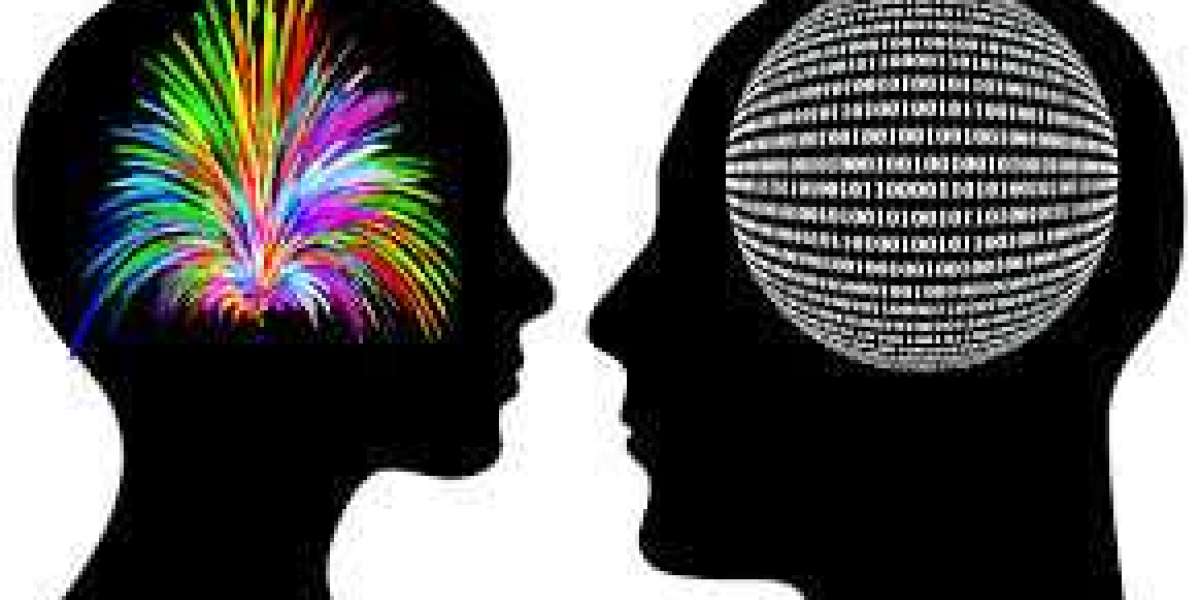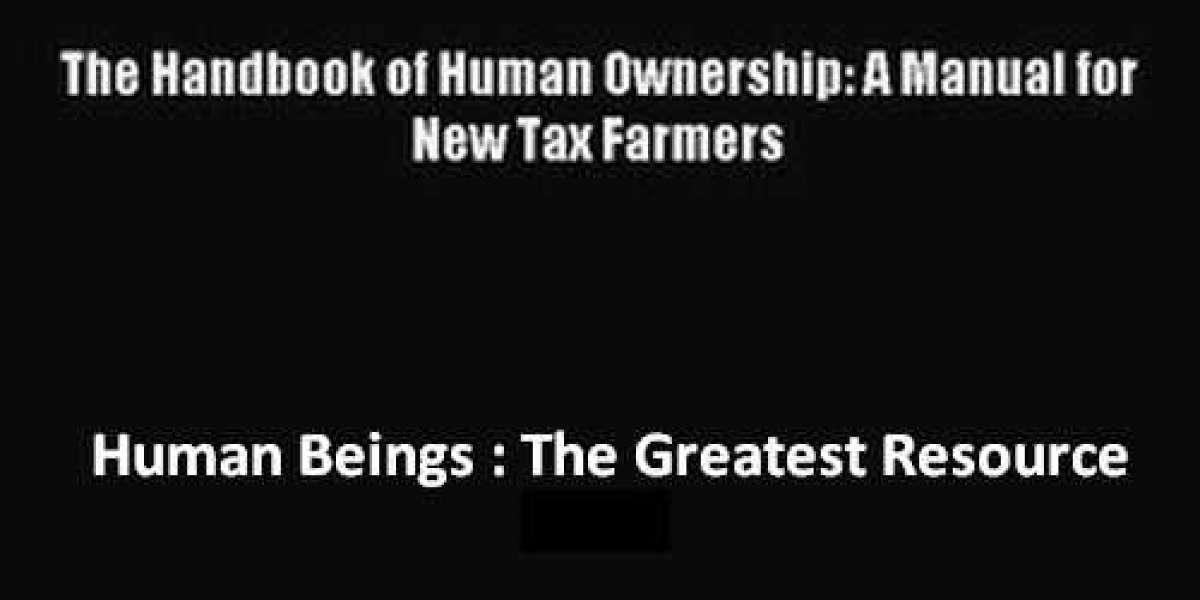-the future is pre-determined - by character of those who shape it-
- - Emotional Thinking - Sentiment Precedes Reason
This is by far, the most common form of thinking. In this mode of reasoning, a sentiment is chosen first from competing sentiments, then hypotheses are formed to "rationalise" the sentiment. The individual seeks facts and ideas which justify the sentiment. This is an inferior and primitive form of thinking because the individual "rationalises" emotions. Why does the individual choose one sentiment over another? What is the justification for choosing one sentiment over another at first? That’s just it, there is no justification, it is irrational.
To a large extent it depends on the imagery of childhood experience, an imagery which can be influenced and controlled by early exposure to propaganda and indoctrination. People who use emotional thinking are easily susceptible to imagery and pandering, and the efficacy of propaganda is directly proportional to the percentage of people using emotional thinking. Sentiment precedes reason.
-belief relies on emotion, knowledge does not-
- - Rational Thinking - Reason Precedes Sentiment
This is the rare mode of thinking. In this mode of reasoning, the individual, in the process of forming an opinion, examines carefully all of the facts of the matter, forms a hypothesis, and then attempts to disprove its own hypothesis. After a certain amount of rigorous examination and refutation of its own hypothesis, the individual may or may not conclude that the hypothesis is sound. If the hypothesis does not survive close examination and refutation, it is discarded and a new hypothesis is formed. If the hypothesis is sound, the indidvidual incorporates it into its world view. In the process of incorporating the hypothesis or idea into its world view, certain sentiments are attached to the idea, the idea becomes a "belief".
Sentiment is the foundation of all thought, it is the motive force behind thought. So, even before the hypothesis is formed, there is sentiment, but there are competing sentiments and it is the hallmark of the rational mind to allow reason to be the justification for sentiment. Once a rational/reasoned hypothesis is decided upon among competing hypotheses, a sentiment is chosen from competing sentiments. Reason precedes sentiment.
-knowledge is a necessity, belief is not-
So, what happens when emotional thinking is confronted with unassailable facts and logic? What happens when "flimsy" logic rationalizing and justifying the pre-existing sentiment is challenged by incontrovertible evidence?
- - CD Meets EH
. CD
The Theory of Cognitive Dissonance postulates that individuals, when presented with evidence contrary to their worldview or situations in which they must behave contrary to their worldview, experience "cognitive dissonance." Dissonance is generally defined as "an unpleasant state of mental tension".
Individuals will try to relieve this dissonance in one of two ways:
1) Increase the number of consistent cognitions - In order to assimilate inconsistent information to their worldview, individuals experiencing dissonance will increase the number of consistent cognitions, thereby abating the dissonance. This often involves rationalizing, i.e., myopic focus on facts, logic, or experience which reinforces an existing worldview.
In most instances, the offending inconsistent cognitions are dismissed altogether as a result of this myopic focus on extant consistent cognitions. This is called "rationalizing" because the individual seeks out semi-logical conclusions using extant cognitions and newly created consistent cognitions in order to find a way to invalidate the inconsistent cognitions.
2) Decrease the number of inconsistent cognitions - Individuals change their attitudes to compensate for inconsistent cognitions. Instead of rationalizing, the individual excises the inconsistent cognitions from their worldview. This is more consistent with rational thinking when presented with logic or facts inconsistent with their worldview.
There is a strong connection between emotional thinking and cognitive dissonance. Emotionally based thinking is much more susceptible to facts and logic which contradict the justification for that thinking or emotional worldview. Factually or logically inconsistent cognitions are countered not with consistent factual/logical cognitions, but with emotional cognitions.
For the emotional thinker, the universe is not a matter of logic and fact, it is a matter of emotion, and when presented with logic or facts that contradict a strongly held emotion, the emotional thinker responds not with a logical/factual refutation of that contradiction, but with an emotional refutation.
The emotional thinker refutes emotionally, not logically. This is why one cannot debate or discuss logic and facts with emotional thinkers. Any reasoned discussion or debate is met with emotional discussion or debate and the emotional thinker simply can not, will not, dare not hear - and there's a basic reason for that.
-Knowledge is gathering fact(ualitie)s. Wisdom is the simplification of it-
. EH
'Emotional Hijacking' describes how a lower part of our mind will 'hijack' our information processing facilities and cause us to act irrationally, invariably in situations that is believed could be emotionally threatening to us.
Emotional hijacking thus, refers to the ability of the lower parts of our mind ; instincts, drives and defence mechanisms, to control the activity of the higher parts of our mind ; analysis, deduction and creativity. Although we have developed a brain with quite phenomenal processing power, it is still under the control of our instincts and if what the higher brain is processing begins to cause anxiety to the lower levels, then the lower parts cut in and 'hijack' the processing activity diverting it away from certain types of deduction and directing it to dismiss possible conclusions.
Another means that lower parts of our mind can use to dump information that it believes may be a threat to us is to seek out one particular element and use it to disregard the whole.
Indeed, while reading this you have probably already experienced this on several occasions. The mind goes on the alert and looks for any possibly faulty bit of reasoning or a likely untruth and should it find the slightest excuse, it then immediately uses this to disregard the whole piece.
Realise that the problem is not that we don't believe what we read, the problem is that we don't get the chance to rationally assess it - it is prevented by our lower, reptilian brain.
Another very popular and important route for emotional hijacking is the shift into left-brain thinking.
Again, this is triggered by the lower parts of our mind. If, while processing information, the lower brain begins to become concerned about the deductions being made, it can direct the higher mind to seek for alternative ways to account for what is presented.
This is of course a natural part of the analysis process. However, it is important to realise that here it is being done not to further understanding, but to block the formation of anxiety-inducing deductions. The difference being that when analysis is done for blocking purposes, the person will develop an emotional need to believe their interpretation is correct. They will become emotionally, rather than intellectually, biased towards a viewpoint: Emotional Thinking.
For the emotional thinker, moreso than the rational thinker, life has become a feed back loop: because we have been conditioned, we cannot face the notion we are conditioned; because we cannot face the notion we are conditioned, we cannot heal ourselves of the effects of our conditioning; we thus we go on conditioned, conditioning others.
Use emotionale for inspiration and rationale to find answers - bye bye CD, so long EH.
.
-facts, in any field, tend to have this annoying little property-









